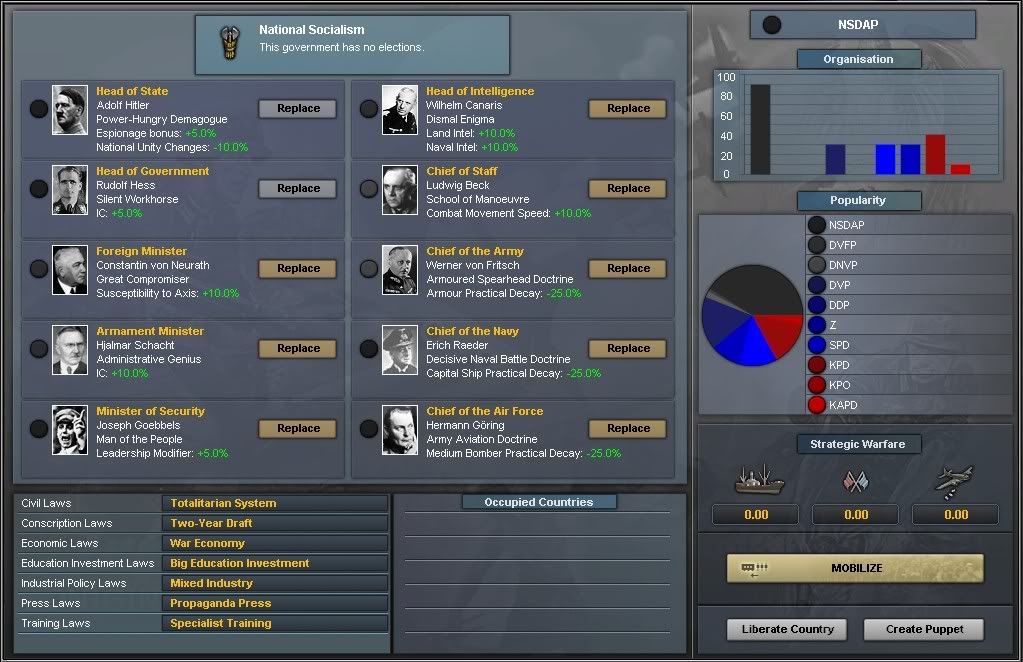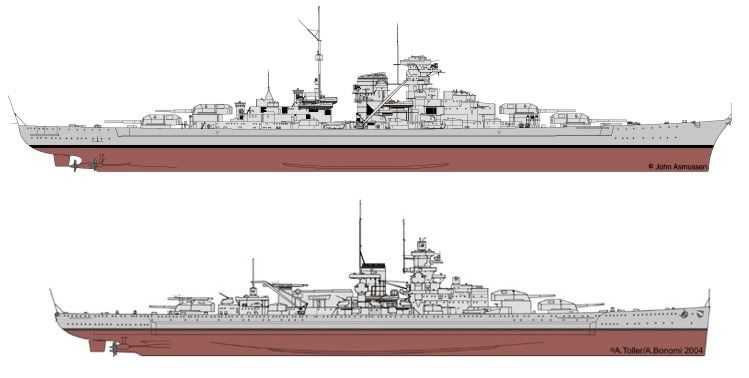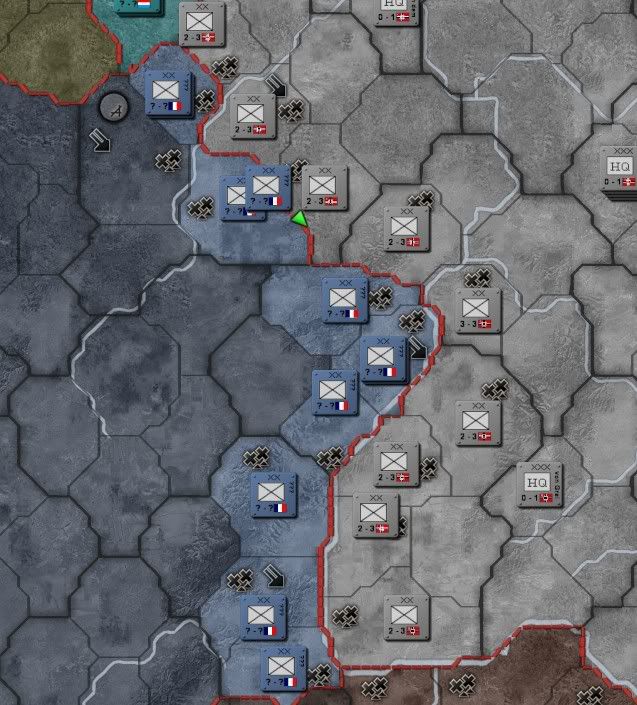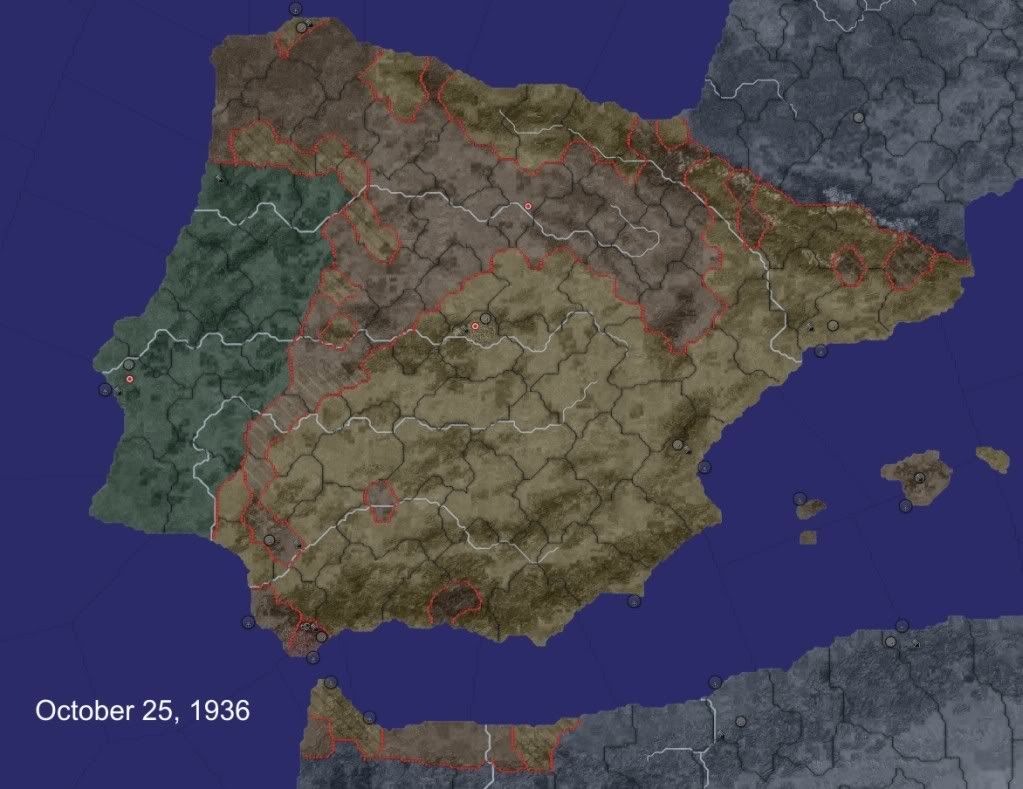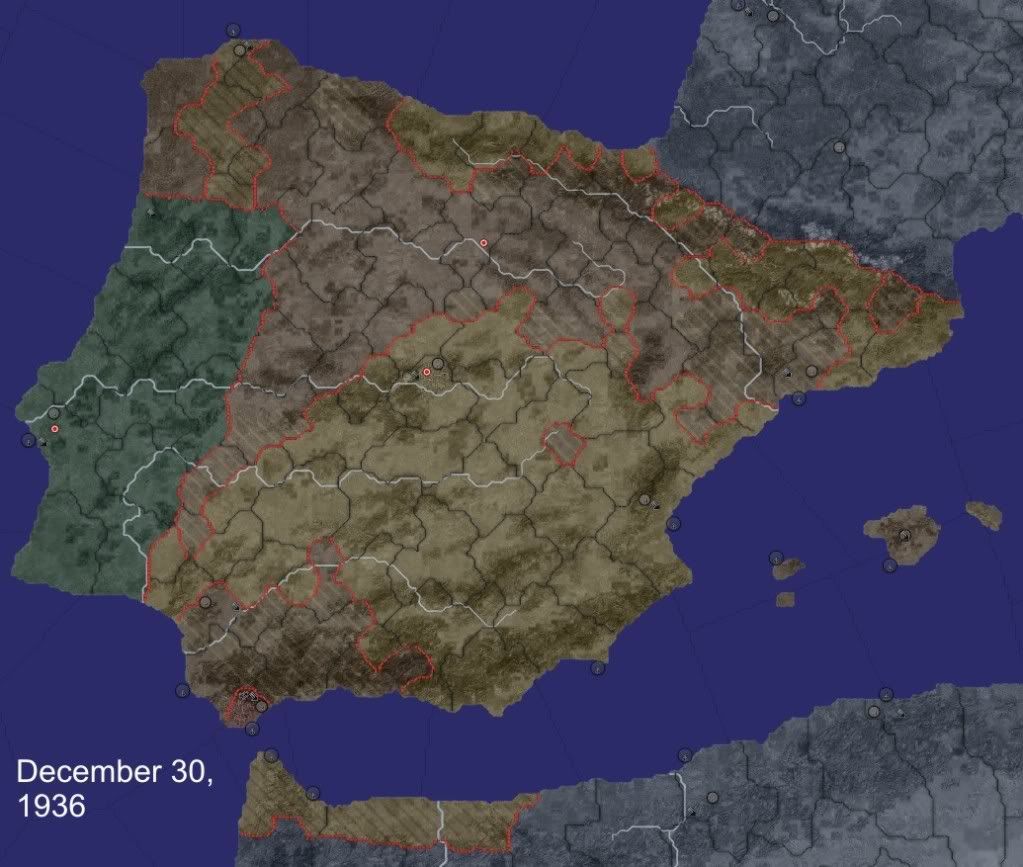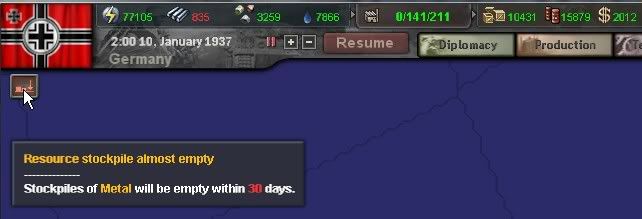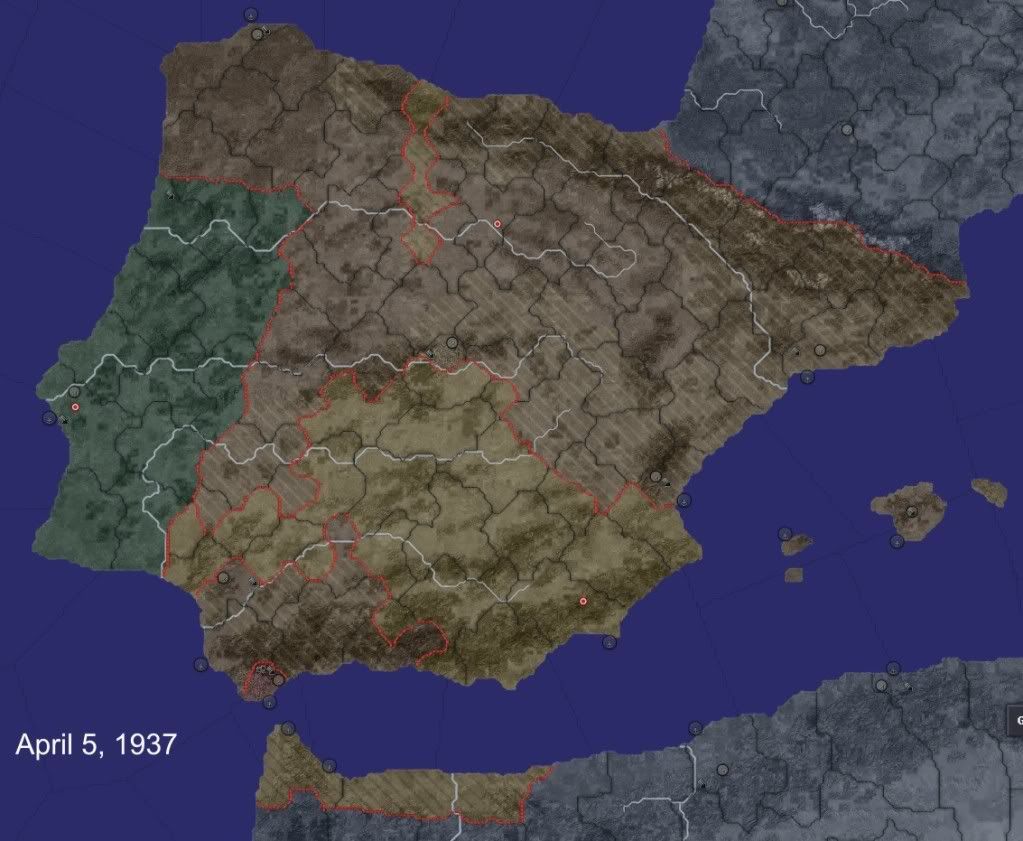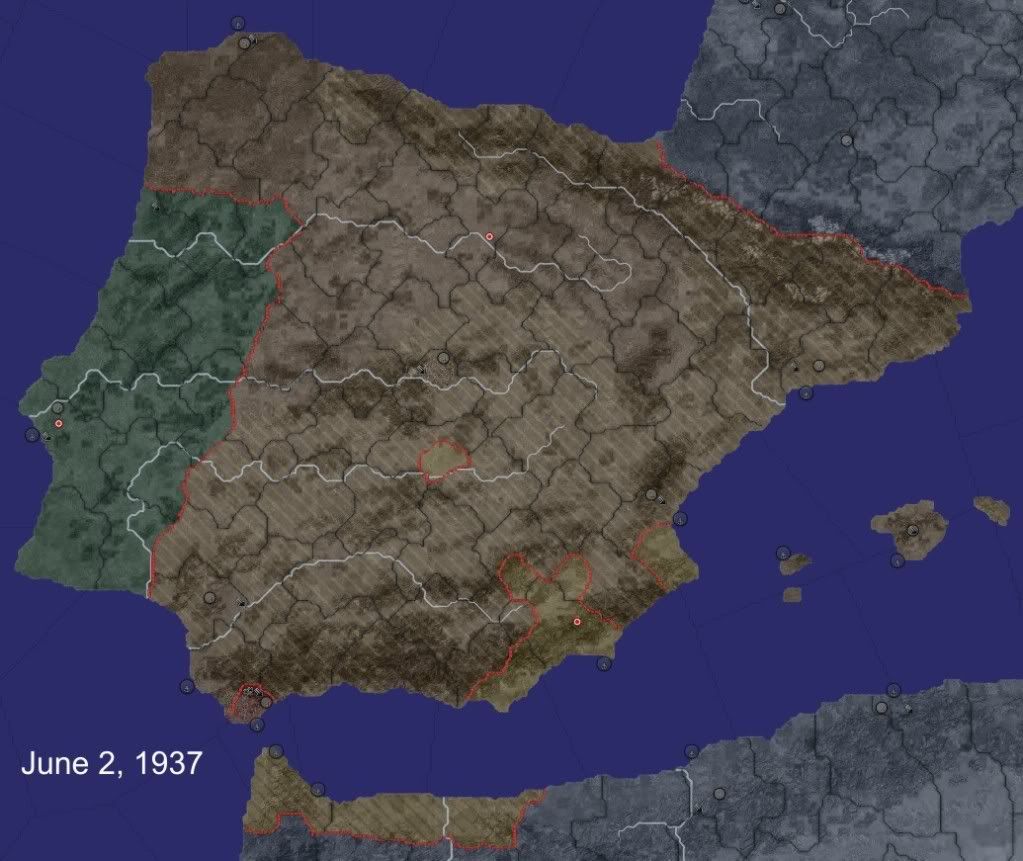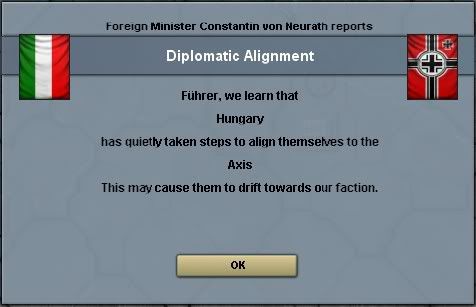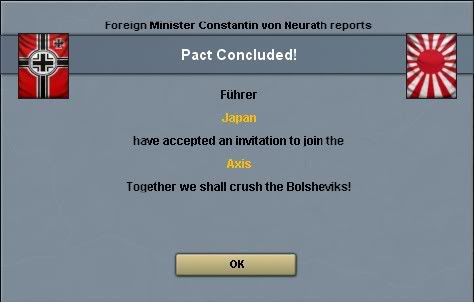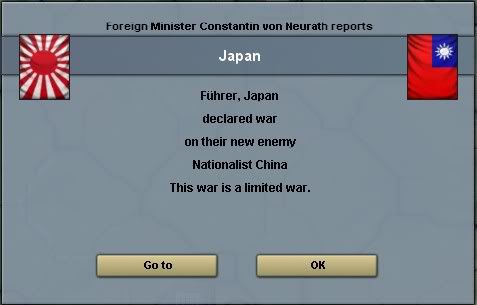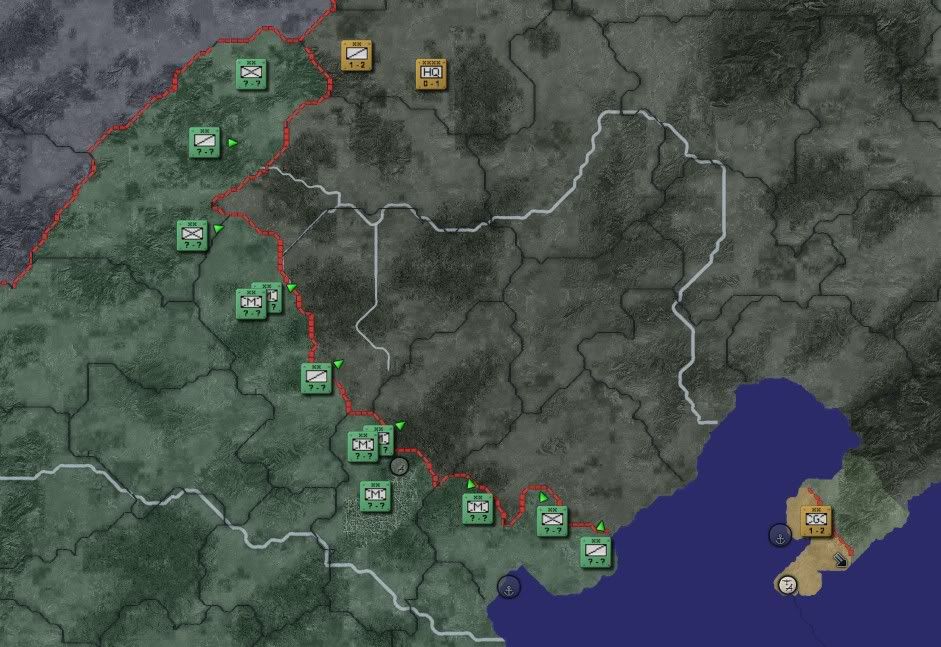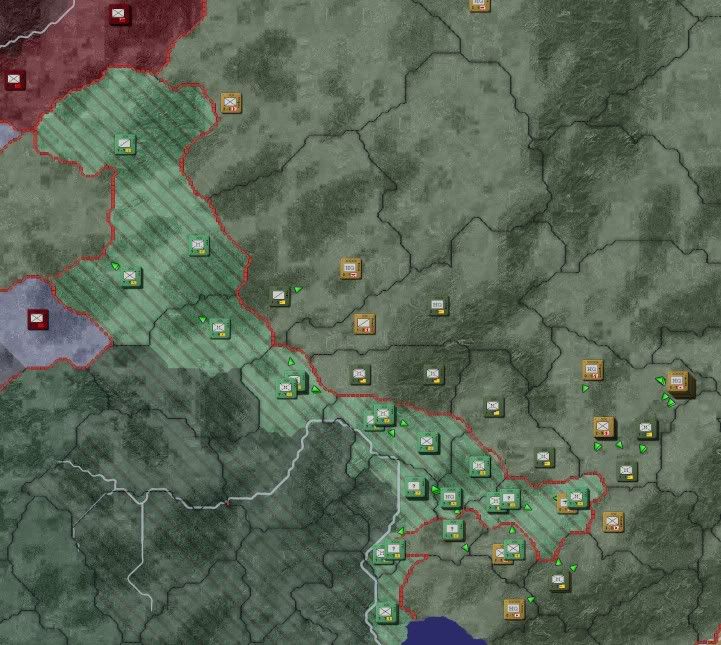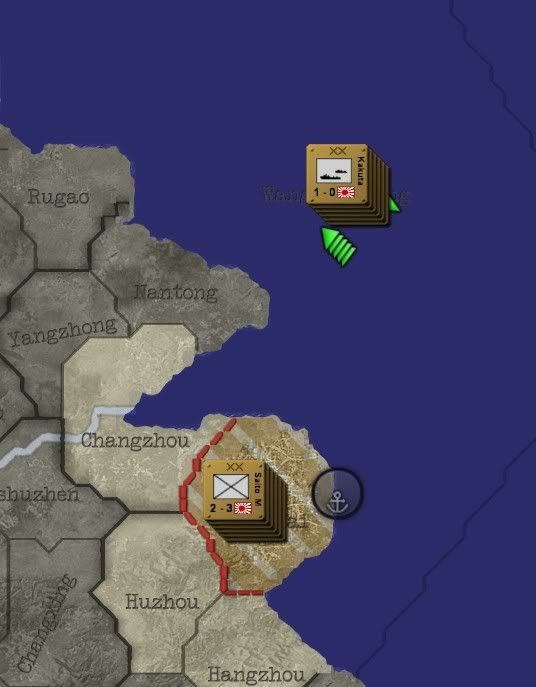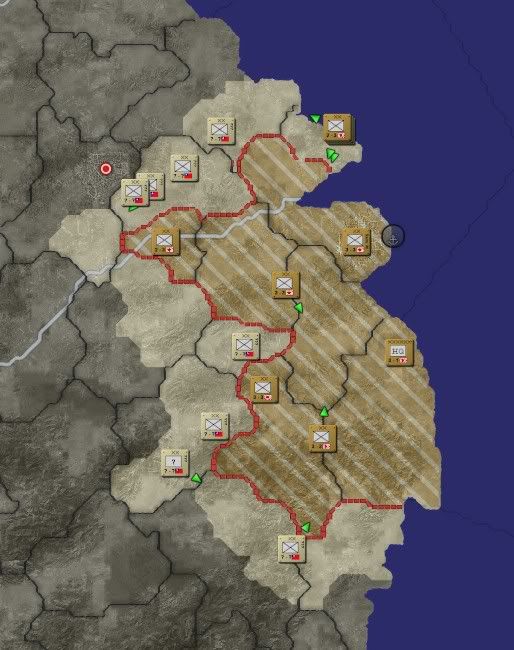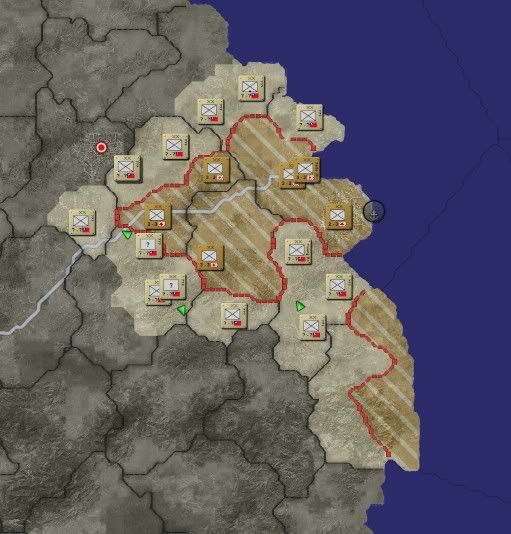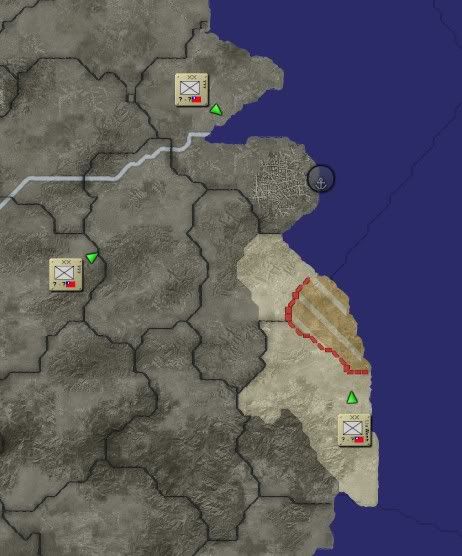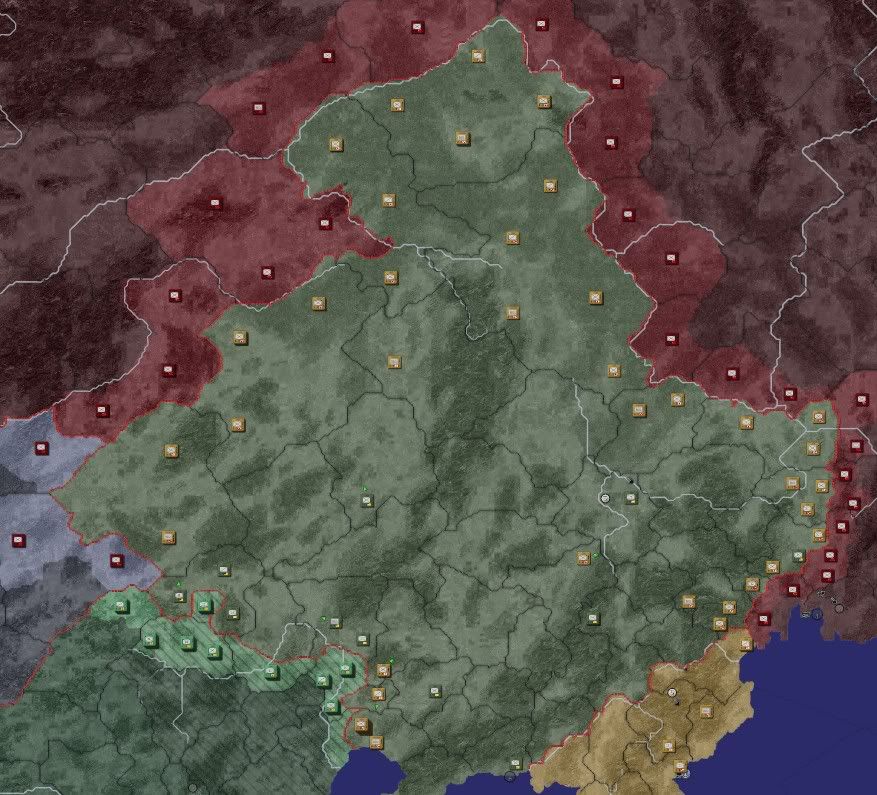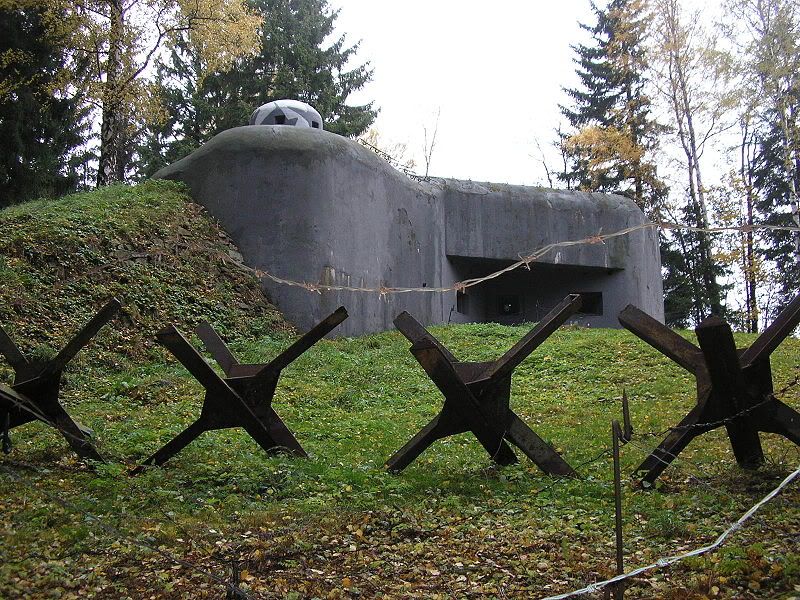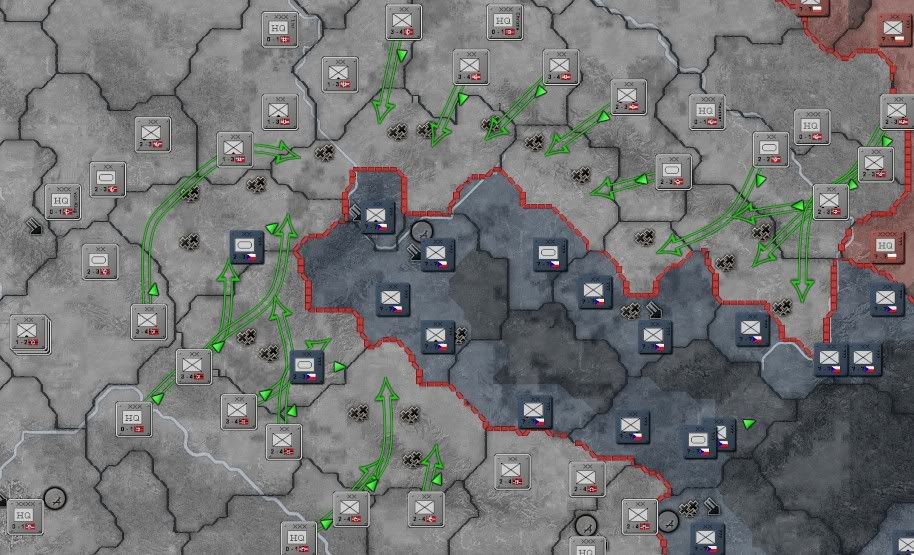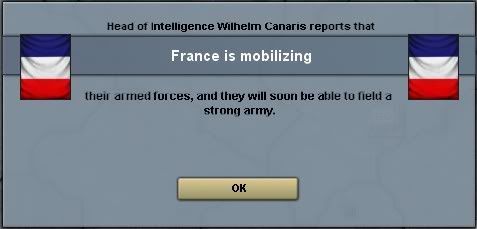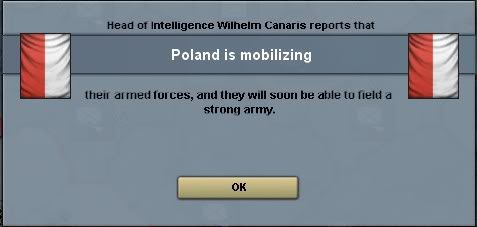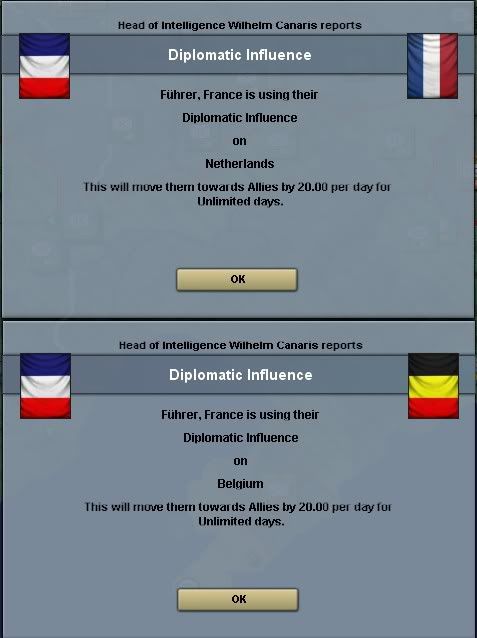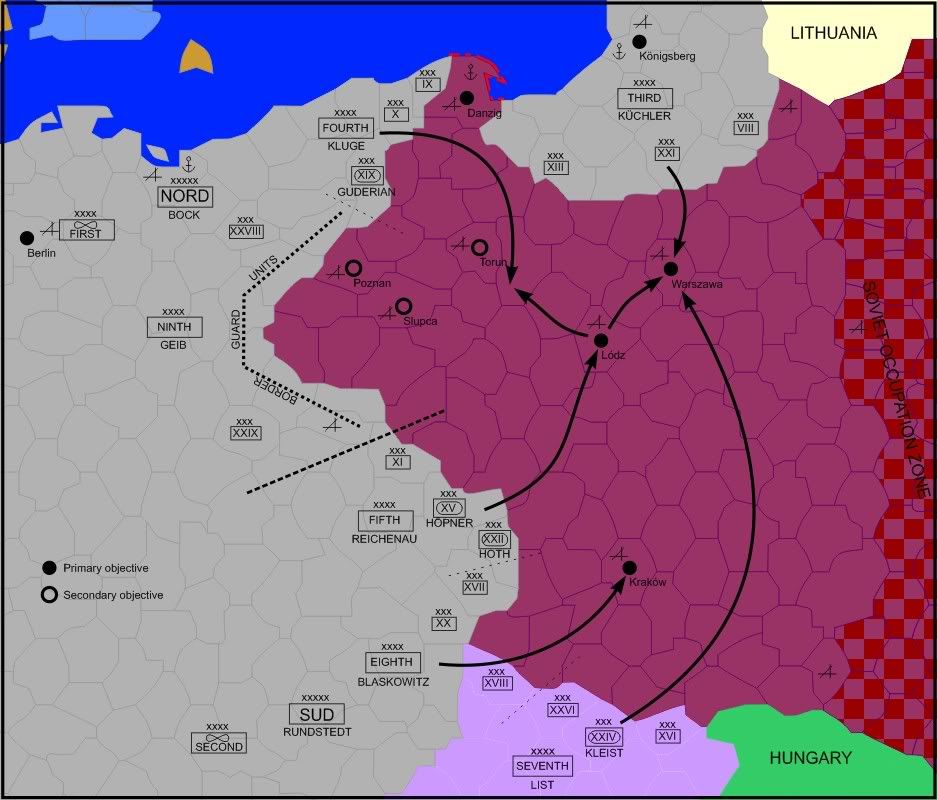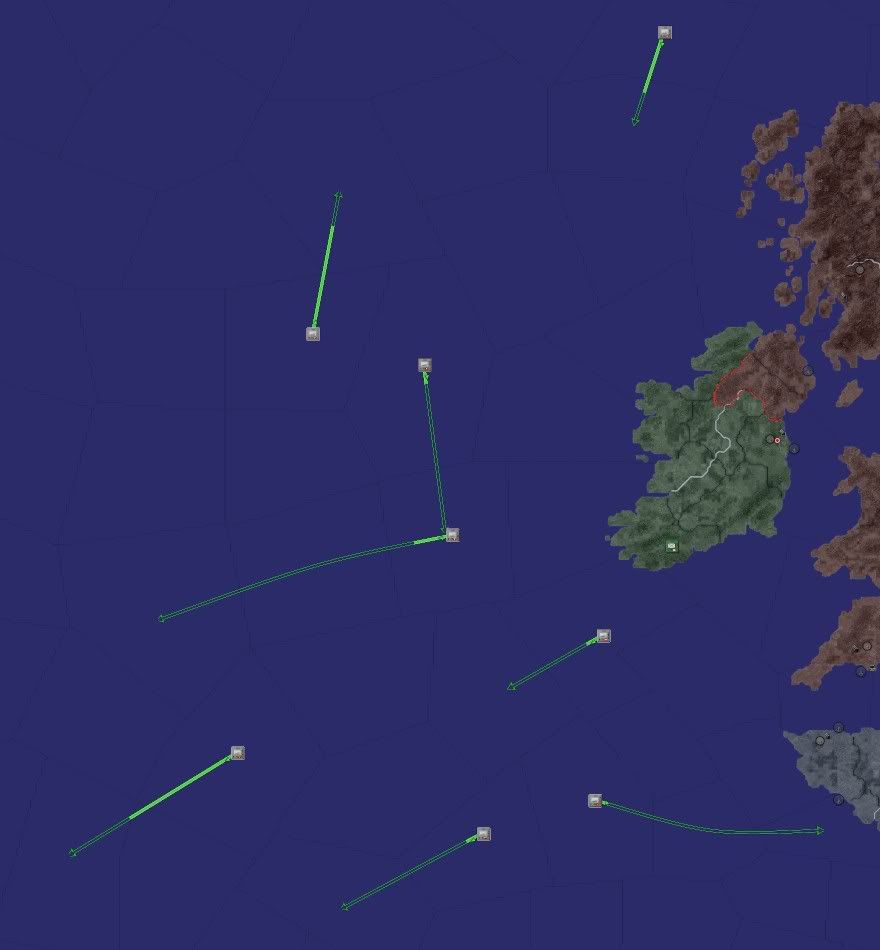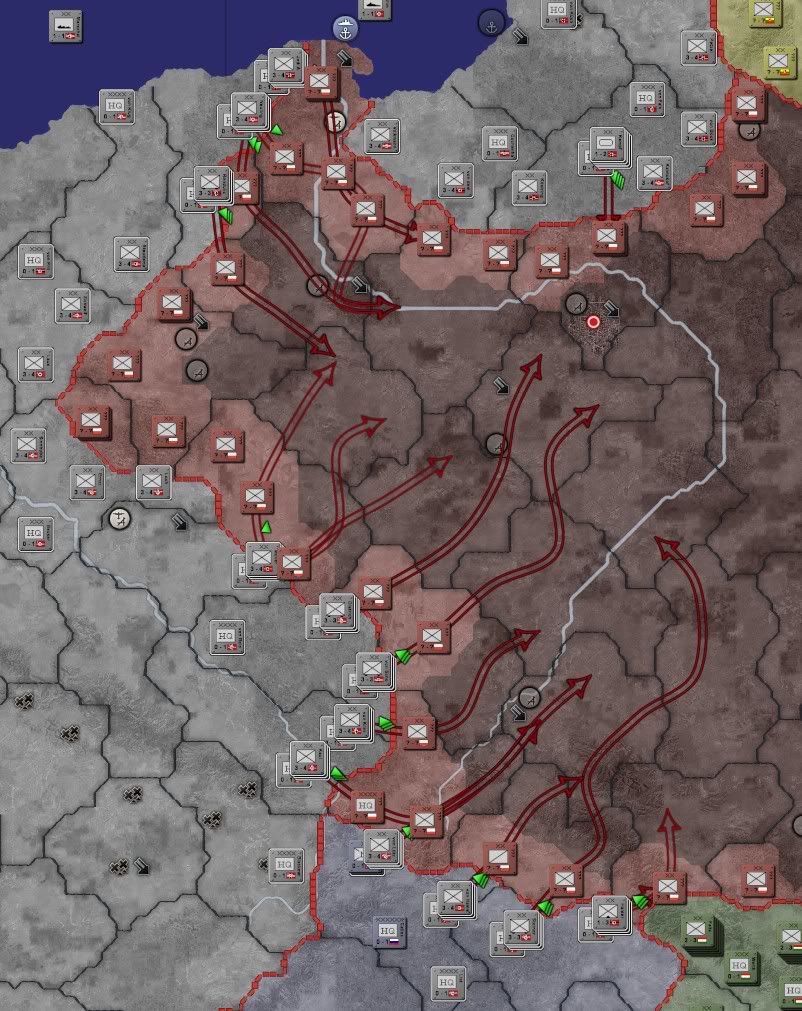A Thousand Year Reich
Germany 1936 Gameplay / Narrative AAR
featuring: AI Improvement Pack
WARNING - Screenshot-heavy AAR.

Germany 1936 Gameplay / Narrative AAR
featuring: AI Improvement Pack
WARNING - Screenshot-heavy AAR.

Index (in progress)
- Preparations
- Spanish Civil War (October 1936 - June 1937)
- The Sino-Japanese War (July - September 1937)
- The End of Appeasement (September 1938 - March 1939)
- Prelude to War (March - September 1939)
- Fall Weiss (September - October 1939)
- Battle of the Atlantic (September - December 1939)
- Attention turns to the West (January - May 1940)
- Interlude - The Plot Thickens (May 9, 1940)
- The Battle of France - pt 1 (May 10 - May 29, 1940)
- The Battle of France - pt 2 (May 29 - July 6, 1940)
- Hitler's next move (July 14, 1940)
- Mussolini's exploits (July 14 - December 25, 1940)
- Battle of Britain (May - November 1940)
- Rommel lands on North Africa (December 1940 - April 1941)
- The Road to Moscow (February 15, 1941)
- The Reich in Review
Prologue
- "You see, General von Fritsch. The Reichstag now is just like our enemies - outside is beautiful, but inside - it is rotten. Fortunately me and Speer have better plans for the piece of land it is occupying - just like I have better plans for the land our enemies are occupying."
- "Rightfully, mein Führer. However it is my duty to remember that our army is still far inferior from any of the other european nations."
- "Ah, there is no other person in this country more aware of this fact than myself. But with the actions we set forth, in a few years we will be no less than the dominant power in continental Europe."
Hitler stops momentarily their walk around the platz in front of the Reichstag.
- "And for that, we will need loyal leaders for our troops. It isn't right, Generaloberst?"
von Fritsch turned at Hitler with a little sceptical expression.
- "Mein Führer?"
- "Yes Generaloberst. I took the honor of recommending your promotion."
- "I'm deeply honored mein Führer."
- "Sure you are, von Fritsch. I'm sure you'll have, in this new position, a very important role in leading our Army."
They walk a few more steps.
- "Specially considering the difficulty of the task we have upon us in the East. Right, Generaloberst?"
von Fritsch timid smile is replaced by a more concerned face.
- "If I may, even though I appreciate your compliments, my thoughts about the Moscow problem remains the same."
- "I see." - say Hitler, looking at the ground.
- "Herr Hitler, let me say it bluntly - I don't see any usefulness in that. We will just throw our soldiers into a death trap. I cannot agree with that."
- "Please, please, I understand Generaloberst. You are a soldier. I understand your point of view. Do you know what I think our Army needs most right now? Officers like you - energic, full of opinion, decided. Let's not worry about our divergencies of opinion for now... We'll meet with all officers and sort this situation later. Now if you excuse-me, I have an important meeting with Speer."
- "Sure, Herr Hitler... I would like to thank you again for the recommendation. Excuse-me."
von Fritsch goes away, leaving Hitler and Speer alone. While he walks away, Hitler looks at him and says quietly:
- "For now... for now. But not for long."
Last edited:


